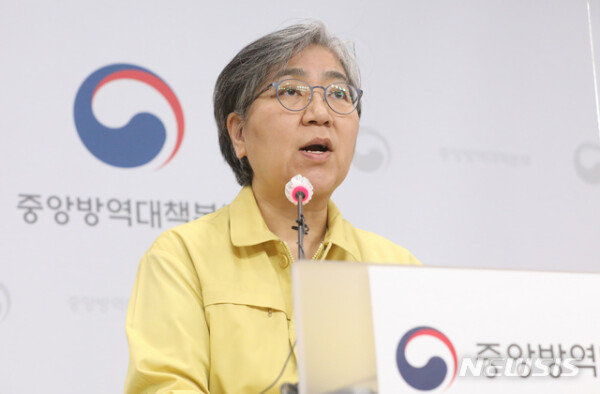The number of corona cases is falling. Many people finally want their normal life back. But the pandemic is not over – and anyone who says that will quickly become a target. Meanwhile, the hatred itself comes from within society. That makes him even more dangerous.
Lockdown shamans, alarmists, conspiracy virologists: These are the more harmless attributions that Karl Lauterbach, Christian Drosten or Melanie Brinkmann have to read about themselves every day. They are no longer expressed only from expected corners such as the lateral thinker scene, but now also from the middle of society; and even from science itself. In a tweet, Stefan Homburg, Director of the Institute for Public Finance at Leibniz University in Hanover, wrote that Lauterbach and Brinkmann were “central drivers of the laboratory pandemic”. Now they complained about threats, but it was they who had caused “other people’s misfortunes” with “fact-free scaremongering”. Hatred and threats of violence – legitimized by an economist with a professorship.
While Homburg initially only offered undifferentiated criticism of the federal government’s corona policy during the pandemic, he now also holds the bearers of the bad news jointly liable, true to the motto: “shoot the messenger”. He is not only successful with corona deniers. After all, nobody likes to hear that the mutations could destroy what was already believed to be the near end of the lockdown in the last few meters. Not even a well-known German soccer coach. Or an FDP veteran. But while the majority of people continue to bear the restrictions, a small part of the Corona critics are radicalizing – and taking public attacks against politicians and virologists as confirmation of their own crude theses.
Saxony’s Prime Minister Michael Kretschmer recently had to find out where this could lead. In mid-January, around two dozen opponents of his corona policy gathered in front of his private property – obviously with the intention of confronting the politician. At least one of them belonged to the right-wing scene. Kretschmer told the “Süddeutsche Zeitung” that he knew of Telegram groups in which they discussed “whether my house should be set on fire and whether I should be hung on the mast in front of it”. Politicians have become “lightning rods” during the crisis. There are no more nuances in the political debate. This is not a new phenomenon. In the refugee crisis too, political decision-makers were targets of hatred and agitation. The Pegida gallows kept the courts busy for several years.
“I’m never good at it”
Melanie Brinkmann is a virologist and professor at the Technical University in Braunschweig.
(Photo: imago images / Jens Schicke)
–
But in the corona pandemic, the concentrated anger now also reaches people who were not previously in public. According to her own statement, the Braunschweig virologist Melanie Brinkmann now opens letters with mixed feelings. They, too, regularly receive insulting, sexist letters. Even the absurd accusation that the scientist was bought by Bill Gates – the enemy of lateral thinkers – haunts the net. “I can never do it well, and it affects me too,” said Brinkmann on Deutschlandfunk a few weeks ago. She usually needs a break after appearing on a talk show to process the hostile comments. Then go on.
With others, the intimidation attempts are successful. Lauterbach says that he knows from several scientists who are now much more cautious after threats on the Internet. But he doesn’t want to be silent himself. Instead, he decided to make the attacks on himself public. The wave of solidarity that seized him and some colleagues as a result extends beyond party and ideological boundaries. Voices are getting louder and louder demanding criminal consequences for those who write hate messages – Justice Minister Christine Lambrecht also wants to act. “Anyone who contributes to the fact that we can fight the pandemic better is covered with threats,” Lambrecht told the editorial network Germany. That must come to an end.
Anti-hate law is on hold
A legal reform, which is considered the basis for the fight against hate crime on the Internet, got stuck in the Federal Council last week. In the end, the Land Chamber rejected new rules for the use of inventory data – including name, address, IP address and passwords – due to doubts as to their constitutional conformity. However, this data is crucial for the prosecution of online hackers. Now a compromise is to be found in the mediation committee. If that doesn’t work, everything stays the same for the time being. For Lauterbach, Brinkmann and all other affected persons, displaying insults and death threats would continue to be a frustrating fight against windmills in the future.
His office desks are already overflowing with letters from public prosecutors and investigators, Lauterbach told “Spiegel”. Very few threatening letters are written under real names. Who his opponent is usually remains just as unclear as the seriousness of the attacks. It does something even with an experienced politician. He has changed his life, says Lauterbach, and is now getting advice from security experts. “You can never completely rule out that some violent person or even a mentally ill person will actually do violence to me or my family.” Nevertheless, he still has more respect for Corona than for this threat.
– .


